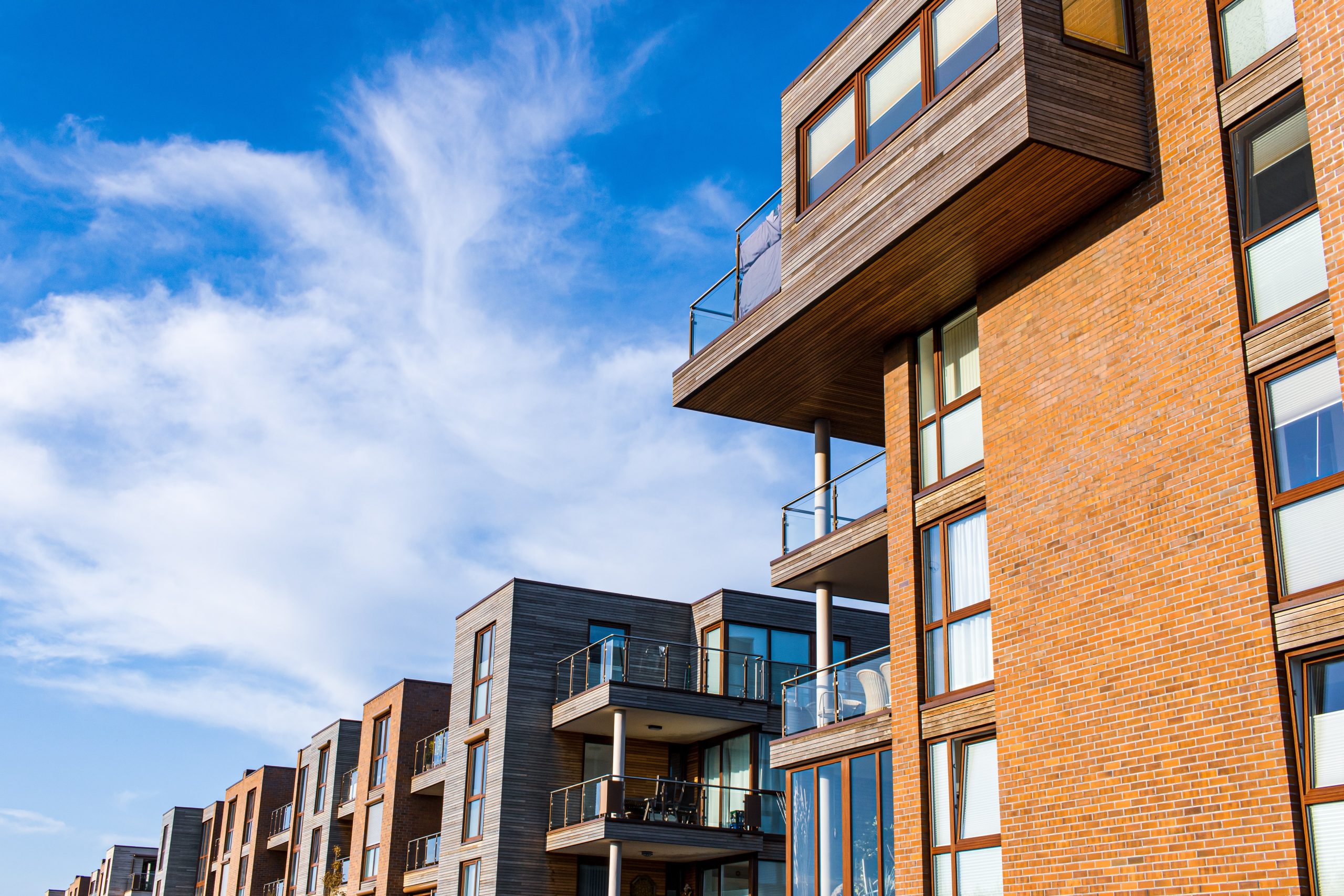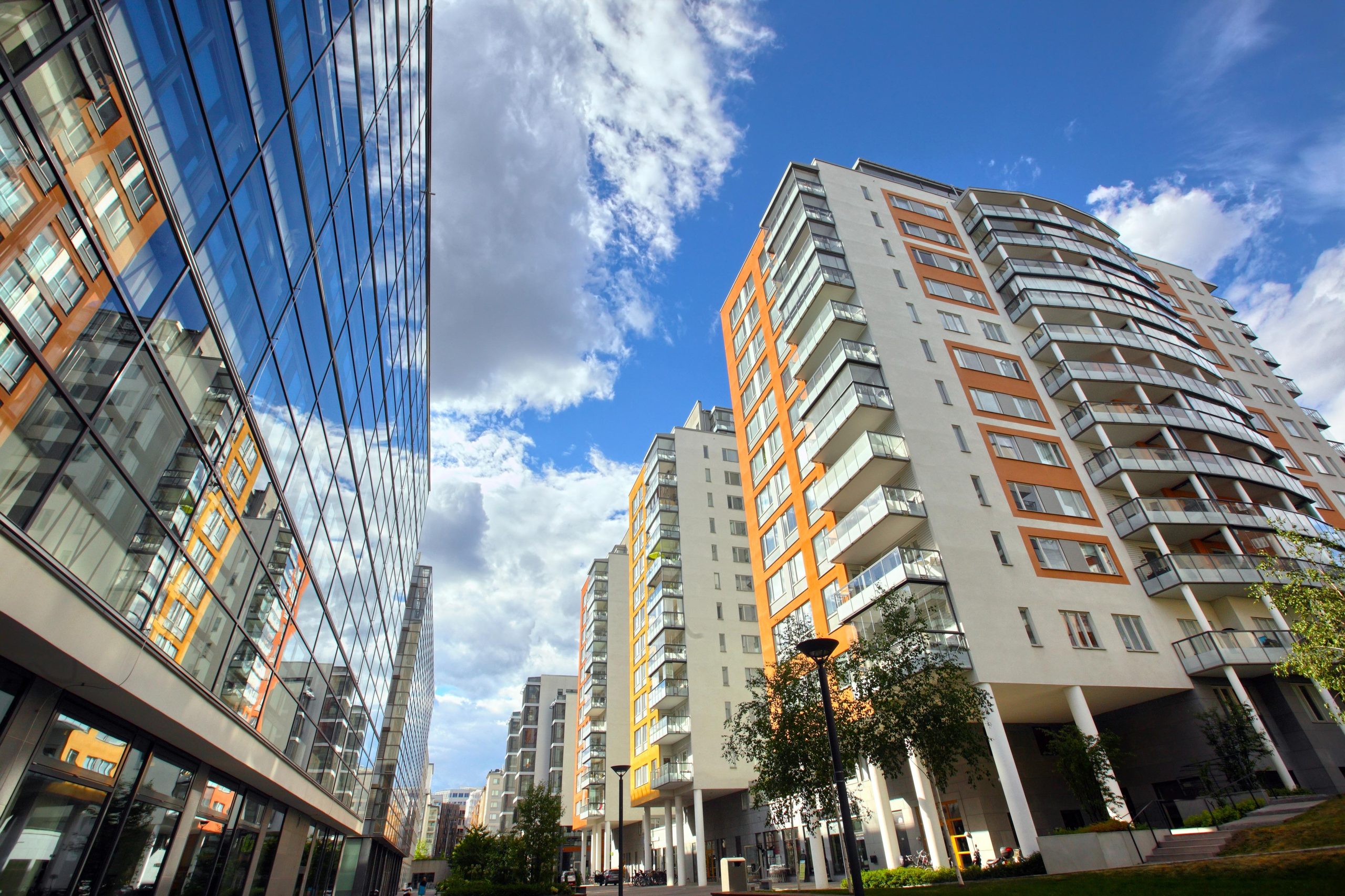Managing agents are increasingly looking after developments with one or more commercial units, such as shops, gyms, or coffee bars. In this quick-read expert advice piece, Brady Solicitors set out options for tackling commercial rent arrears, as well as highlighting some practical considerations.
If you manage residential developments, you will – hopefully(!) – be familiar with the routes to recovering outstanding service charge and ground rent arrears. But what about arrears accrued by commercial leaseholders in your mixed use developments? Different laws and procedures apply, as Adam Hollis, Head of Litigation at Brady Solicitors explains.
The legal position on tackling commercial rent arrears
The first step in assessing how to deal with commercial rent arrears is to check the lease. Does the lease contain forfeiture clauses? And, if so, do these clauses allow peaceable re-entry (ie: simply changing the locks)? This would allow you to instruct bailiffs to change the locks at the commercial unit.
However, before instructing bailiffs, it’s important to make sure that the freeholder hasn’t waived the right to forfeit the lease. For example, has any rent been demanded, or has anything been done that treats the lease as ongoing?
So, if the lease permits it, there has been no waiver, and there is no extension of the moratorium prohibiting enforcement of pandemic rent arrears by peaceable re-entry under the Commercial Rent (Coronavirus) Act, then you are legally permitted to instruct bailiffs to change the locks and effect peaceable re-entry.
But what about the practical considerations?
The legal position is, of course, important and one that must be clearly understood. However, the best approach to tackling commercial rent arrears can often be as much about the practicalities as it is about the legalities.
When we talk to our mixed-use managing agents about the best routes to recovering commercial rent arrears, we encourage them to consider the following points:
- Are the commercial tenant’s arrears due to a temporary solvency or cash flow problem? Can a conversation be had that avoids forfeiture and empty commercial premises? Always bearing in mind that any conversation of this nature could waive the ability to forfeit.
- If the issue of solvency is a longer-term one, how easy will it be to find new commercial tenants? How attractive are the current premises to new tenants – and will the market rent be less than the rent under the current lease?
- What might be the impact on the residential leaseholders? Does an empty commercial unit constitute an eyesore that could upset residents if the unit +is going to be empty in the long term?
- Might the freeholder want to take back the commercial unit to convert it to residential? Are there commercial benefits in doing so?
Our advice
Commercial leaseholders have far fewer protections than their residential neighbours, yet pragmatism – underpinned by a solid legal position should you need it – is often the best approach.





